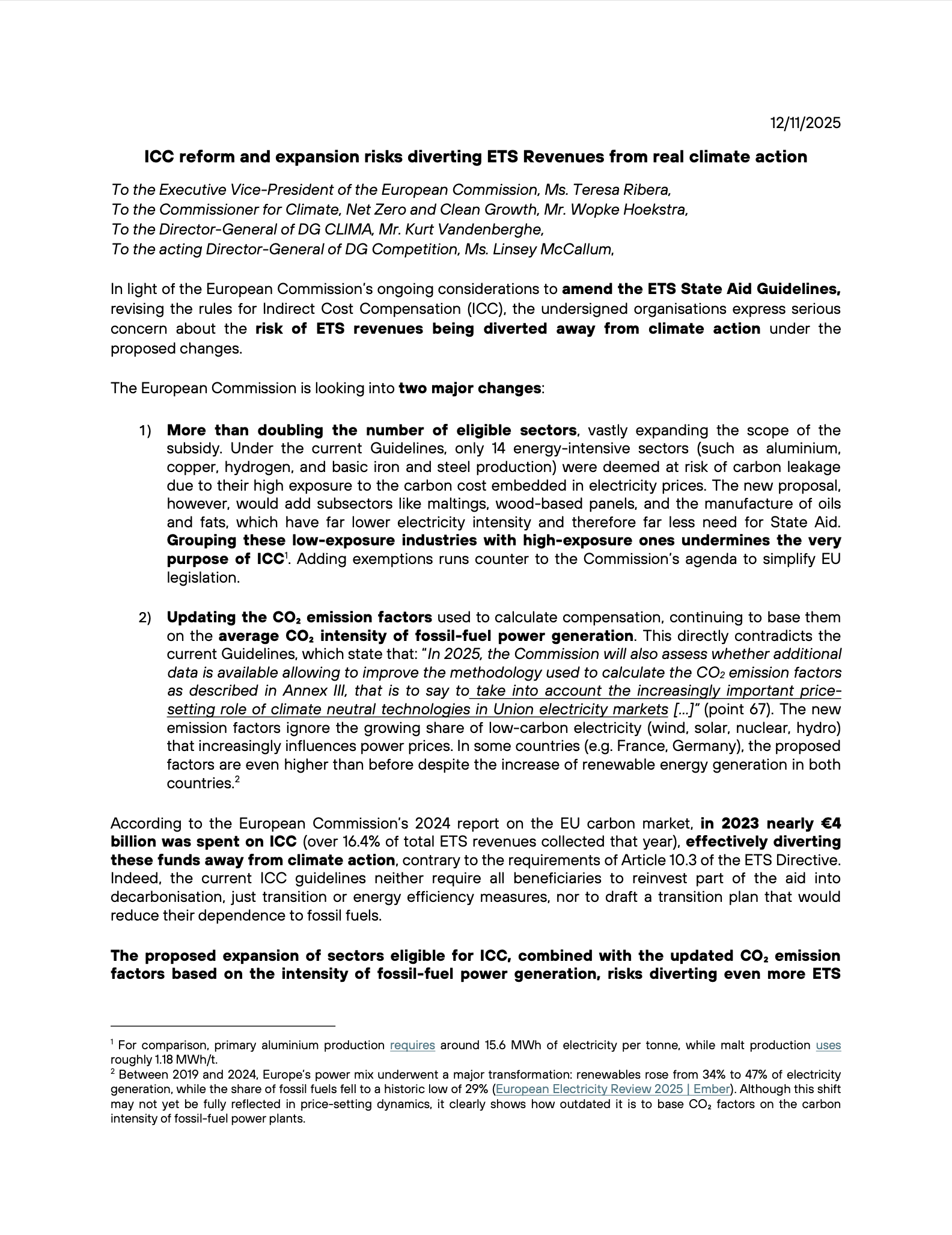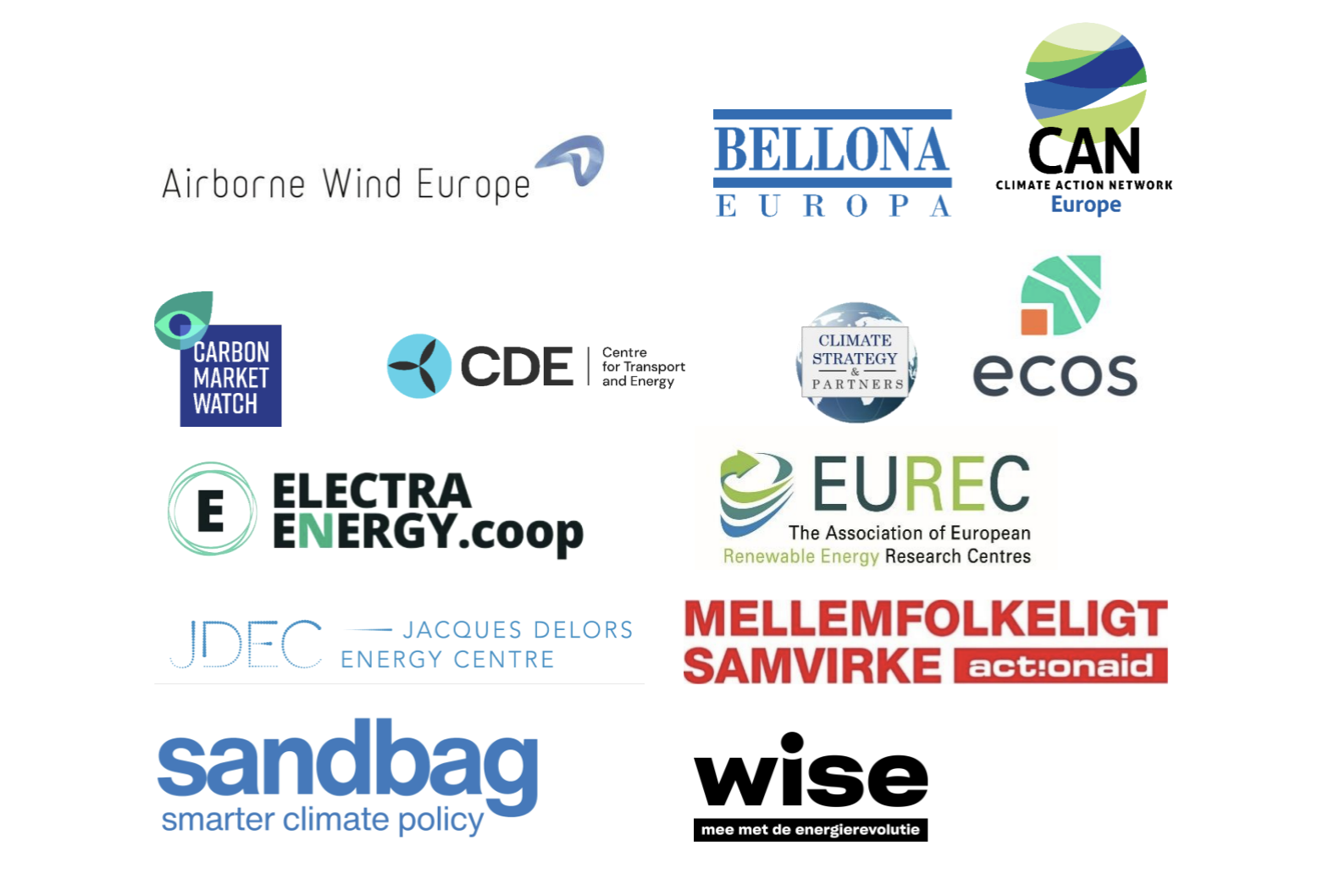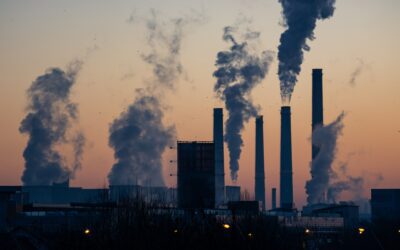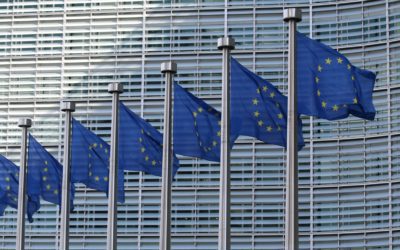Sandbag joins 14 NGOs in calling on the European Commission to reform the Indirect Cost Compensation (ICC) scheme before expanding it.
ETS revenues must support real decarbonisation, not fossil-based subsidies.

In light of the European Commission’s ongoing considerations to amend the ETS State Aid Guidelines, revising the rules for Indirect Cost Compensation (ICC), the undersigned organisations express serious concern about the risk of ETS revenues being diverted away from climate action under the proposed changes.
The European Commission is looking into two major changes:
1) More than doubling the number of eligible sectors, vastly expanding the scope of the subsidy. Under the current Guidelines, only 14 energy-intensive sectors (such as aluminium, copper, hydrogen, and basic iron and steel production) were deemed at risk of carbon leakage due to their high exposure to the carbon cost embedded in electricity prices. The new proposal, however, would add subsectors like maltings, wood-based panels, and the manufacture of oils and fats, which have far lower electricity intensity and therefore far less need for State Aid. Grouping these low-exposure industries with high-exposure ones undermines the very purpose of ICC1. Adding exemptions runs counter to the Commission’s agenda to simplify EU legislation.
2) Updating the CO₂ emission factors used to calculate compensation, continuing to base them on the average CO₂ intensity of fossil-fuel power generation. This directly contradicts the current Guidelines, which state that: “In 2025, the Commission will also assess whether additional data is available allowing to improve the methodology used to calculate the CO2 emission factors as described in Annex III, that is to say to take into account the increasingly important price-setting role of climate neutral technologies in Union electricity markets […]” (point 67). The new emission factors ignore the growing share of low-carbon electricity (wind, solar, nuclear, hydro) that increasingly influences power prices. In some countries (e.g. France, Germany), the proposed factors are even higher than before despite the increase of renewable energy generation in both countries.
According to the European Commission’s 2024 report on the EU carbon market, in 2023 nearly €4 billion was spent on ICC (over 16.4% of total ETS revenues collected that year), effectively diverting these funds away from climate action, contrary to the requirements of Article 10.3 of the ETS Directive. Indeed, the current ICC guidelines neither require all beneficiaries to reinvest part of the aid into decarbonisation, just transition or energy efficiency measures, nor to draft a transition plan that would reduce their dependence to fossil fuels.
The proposed expansion of sectors eligible for ICC, combined with the updated CO₂ emission factors based on the intensity of fossil-fuel power generation, risks diverting even more ETS revenues into subsidies, actively taking funds away from climate solutions (like renewables, grid upgrades, energy efficiency, and flexibility measures) that address the root of the problem.
Consequently, the undersigned call on the European Commission to:
• Refrain from the expansion of eligible sectors under the Guidelines, at least until the current system of ICC has been adequately reformed.
• Update CO₂ emission factors to reflect the average annual marginal emission intensity of the price-setting generation units in the bidding zone, based on real market data rather than the average of all fossil power plants.
These steps are essential to prevent ETS revenues from being misdirected and to unlock their full potential as a driver of decarbonisation, helping the EU achieve its climate goals.
Organisation’s signatures (in alphabetical order):

Related Publications
Aug 1st 2025
July 8th 2025
More on the EU ETS
Time to vote for an EU Emissions Trading System (ETS) that works for climate and industrial transformation
Today the ITRE Committee of the European Parliament will vote on some key aspects of the bloc’s Emissions Trading Scheme. Sandbag has teamed up with other NGOs…
Emissions covered by the EU’s Emissions Trading Scheme rebound but allowances in circulation remain as high as in 2019
This analysis is based on estimations using data available as of 4 April 2022. It will be updated...
EU ETS Reform – Policy Suggestions for the European Parliament
Achieving the increased EU climate targets and the goals of the Paris Agreement requires strong...



